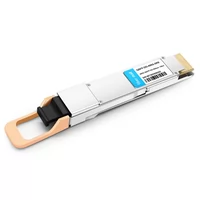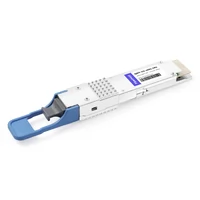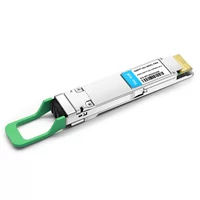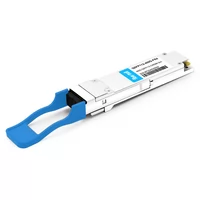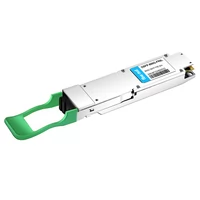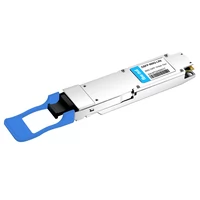When it comes to electronic communication systems and others, successive understanding of data transfer rates is important for every person and specialists and tech lovers. One of the frequently asked questions is to convert megabits per second (Mbps) into gigabits per second (Gbps). This article aims to focus on these terms and explain these values in a much simpler way. In this article, we will consider both units of measurement for rates of transferred data and explain why and when the speed of broadband internet and network ought to be for these measurements. It will be appreciated that by the end of this guide, the reader will not only know how to convert numerically Mbps into Gbps but, more importantly, how gamut and rate can relate in practical terms.
Table of Contents
ToggleWhat is a Gbps, and How Does it Relate to Mbps?

A gigabit per second stands for Gbps and it refers to the data transfer speed of about one billion bits of data in one second A megabit per second on the other hand refers to one million bits in one second. These two terms are related simply. 1 Gbps is equivalent to 1000 Mbps conversion, which is important because it enables one to differentiate and make comparisons in applications of internet speed and the capability of systems and networks. When comparing broadband packages or general network performance, understanding that Gbps is more than Mbps, if explained well, will help a person know how much bandwidth will be needed and how much information can be managed.
Defining Gbps and Mbps
Gbps and Mbps are data transfer measures, which, in this case, refer to data transfer speeds within the internal networks. In this case, Gbps refers to gigabits per second, denoting a speed of one billion bits of data in one second regarding data transferring networks. More simplistically, these units are mainly different in terms of scale; 1gbps is equal to 1000 mbps. This relationship is important when evaluating networks and the required bandwidth for various applications.
How Does 1 Gigabit per Second Compare to Megabits per Second?
A 1 Gbps transfer rate is quite fast as it allows a data transfer rate of 1,000 Megabits per second (800 Mbps Network). A 100 Gbps connection can send large amounts of data over the network in a shorter time, which is the case with activities like viewing HD videos, gaming, and quickly downloading large files. and smart internet users will also realize the advantages of Gbps connections whereby the time used in the transmission and receipt of data is significantly reduced. In contrast, it refers to a sluggish sustained speed of 1 to 10 Mbps, which is compatible with internet activities, such as basic web surfing, sending and receiving emails, and watching low-resolution videos. In essence, even without a tech background, one must have an idea of these units in order to choose the appropriate internet service plan in accordance to their requirements.
Why Understanding Gbps to Mbps Matters in Internet Speed
Figuring out how to convert Gbps to Mbps is very useful for cutting down the excess time the internet takes to load web pages since it enables consumers to choose proper internet service plans. The biggest bandwidth high-speed connections, Gbps, are for very intensive activities like 4K streaming, downloading of huge files, and online gaming, which are highly dependent on bandwidth and low latency. For companies and homes where data usage is high, a gigabit connection provides seamless activities and higher productivity levels. On the other hand, plans with a Mbps response may be sure they are enough to sustain, but they are not positive during multiple devices or high bandwidth tasks, so they contain a lot of time pauses and performance lags. It is beneficial to understand the differences in these units so that the right plan to suit the user’s budget and requirements can be chosen and, in the process, enhance their internet experience.
How to Use a Gbps to Mbps Converter?

Step-by-Step Guide to Conversion Calculator
- Identify the Units: Take note of the units placed, that is, whether the conversion from Gbps to Mbps will be necessary and in what instances this is applicable, especially when looking at mbps vs. gbps.
- Use the Conversion Formula: 1 Gbps is equal to 1000 Mbps. Use this conversion rate in your calculations.
- Input the Values: Type the number you wish to convert in the Gbps or Mbps box provided in the calculator.
- Perform the Calculation: Go on and press the ‘Convert’ button to proceed with the computation.
- Review the Result: Validate the converted value output in Gbps to determine whether it corresponds to what is expected or required.
- Apply the Information: Use the adopted speed to make rational choices and reach a conclusion about the appropriate internet service package for you.
These steps pave the the way for the correct use of a Gbps to Mbps converter for perfect internet speed evaluation in assessments.
Common Mistakes When Using a Gbps to Mbps Converter
- Confusing Units: Outside the disarray prevalent in the computer world, a constant error is entering Gbps instead of Mbps and vice versa. Pick the conversion unit you want to convert from or to accurately, noting that 1 Gbps is equal to 1000 Mbps.
- Incorrect Value Entry: Wrong value entering can easily result in errors. It is good to recheck any figures that you have entered.
- Overlooking of Decimal Points: Not paying attention to the decimal points can cause substantial distortions in the conversion. Mistakes are made when computing these figures, particularly on their order and location.
- Real-world Constraints Non-acknowledgement can affect one’s conception of the speeds that can actually be accessed, especially with respect to gigabytes per second. Converting speeds to relevant real-world measurements is not sufficient, as various factors may act as bottlenecks, such as bandwidth limits or server limitations, thereby affecting real results.
By circumventing these drawbacks, you are assured of carrying out conversions that are more dependable and valid, enabling better decisions on the plans on the Internet.
Real-World Examples of Data Transfer Rates
Grasping the practical aspects of speed in real-life situations will help speed up conversions since they will be clear. A good example can include high-definition video streaming, which requires an average transfer of about 5 Mbps, while a 4K Ultra HD streaming requires approximately 25 Mbps. In the offices, downloading applications like software updates or data restoration can take anywhere from 100 Mbps to several Gbps, as the file size and network capacity determine the time taken. In these, online gaming users are expected to have internet speeds of about 3 to 6 Mbps. Understanding these practical situations helps the users know what amount of bandwidth they may need and what type of internet plans will suit them.
Why Do Providers Offer Gigabit Internet?
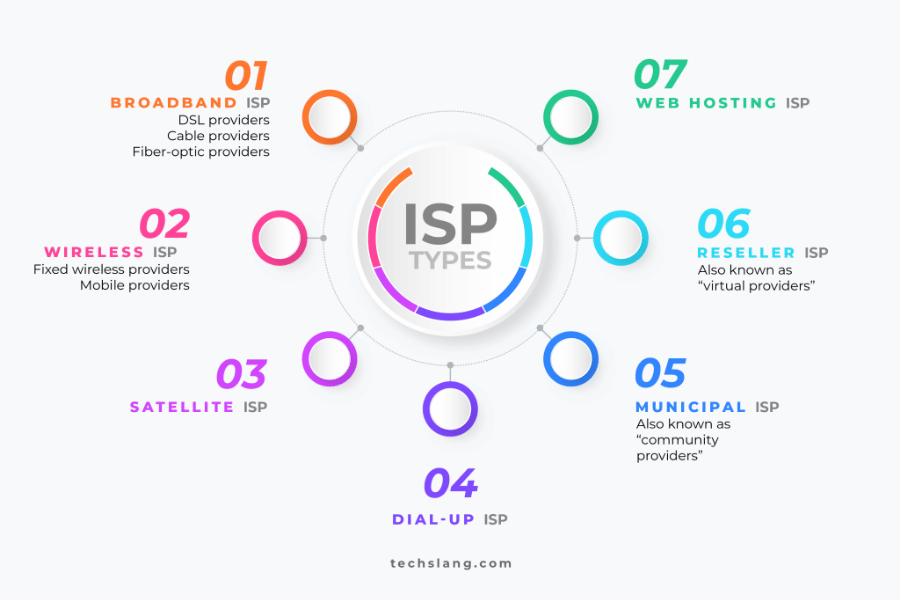
Benefits of 1 Gigabit per Second Internet Plans
I discover the following attractive advantages when exploring the offerings of 1 gigabit per second (1 Gbps) internet plans. First, these plans provide a very high speed of data download and upload, making lagging and buffering minimal and improving the user experience with streaming, gaming, video calling, etc. Second, it is practically possible for many households and businesses where numerous devices are connected in one network that gigabit internet can support several high-bandwidth activities simultaneously. Finally, increasing speed increases the productivity of the working environment, eliminating the wait time, which in turn enables the faster movement of files and allows faster cloud collaboration, as many top websites claim.
Who Needs Gigabit per Second Speeds?
Overall, the impact of gigabit strive is visible to the digital natives, who are most likely professionals who handle graphics, edit videos, or develop software in their daily work. Households with several devices for streaming, gaming, and home office at the same time also consider gigabit internet as applicable since it helps in reducing traffic and providing efficient service to all. Since they work in the cloud and store the data in the cloud grid using various applications, companies also require these connections in order to stay productive and operative.
Internet Speed and Its Impact on Daily Life
In today’s world, Internet speed is a necessity and has a great impact on all activities and levels of productivity. Most users prefer gigabit-per-second connections, which increase the accessibility of streaming videos by enhancing video buffering and the online gaming experience through low latency. In the case of home Van, faster speeds help to make video conference meetings, quick distribution of documents and files, and more effective operation of cloud services, increasing working efficiency. Incompleteness of lectures due to unpleasant weather is prevented due to the provision of adequate internet speed, as uninterrupted lecture activities are made possible through virtual classrooms. Despite the context in which one may seek the use of the internet, having the right internet speed determines the advancement of the level of interaction in the internet, including other activities that need to be done over the internet without interruption.
How Many Megabits per Second are in a Gigabit per Second?
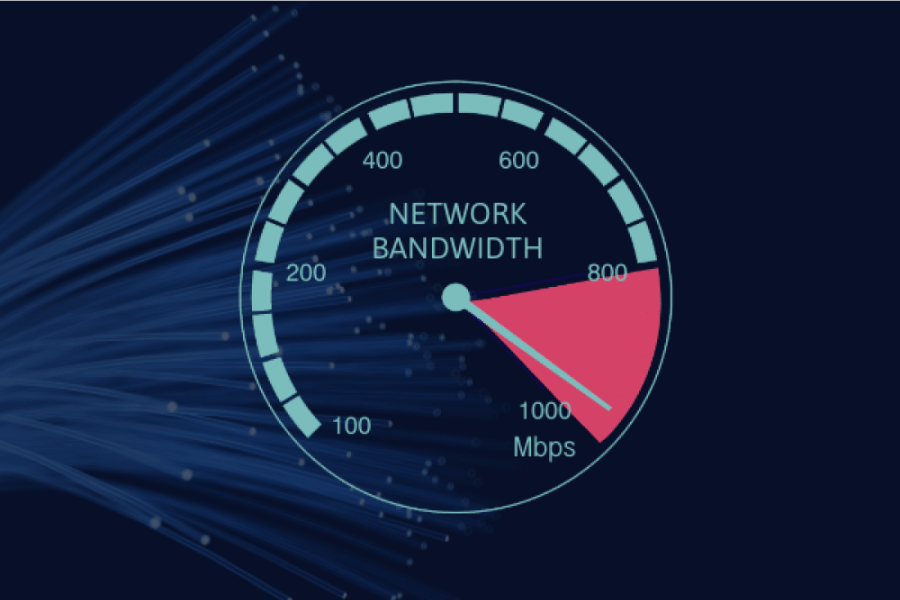
Understanding the Decimal Conversion
One Gbps can also be denoted as 1000 Mbps in its decimal representation. This is the metric system where 1 Giga is equivalent to the number 10 raised to power 9, and 1 mega is equal to the number’s 6th power. As a result, there are 1000 Megabits in one gigabit, which converts the two units accurately and therefore facilitates the appreciation of modern internet data transfer rates.
Breaking Down 1 Gbps to Mbps
In simple words, when considering bandwidth conversions from 1 Gbps to Mbps, it should be pointed out that this process includes, for example, multiplying by the factor designated with the respective metric prefixes. For example, ‘giga’ is 10^9, and ‘mega’ is 10^6. Therefore, conversion from 1 Gbps to Mbps in this case means only that one is multiplied by 1000, making it possible to get 1000 Mbps. This conversion is essential in the telecommunications sector to clearly understand the transferred data and the available bandwidths.
Why the Conversion Calculator is Essential
The conversion calculator is important in individual and organizational contexts since it makes converting complex data rates, for example, mb to kb and gb to mb, easier, thus reducing possible cases of wrong calculations. With this software tool, it is possible to quickly and accurately convert Gbps to Mbps, which is very important for the efficient programming and management of network systems. As for companies, there is a need to smartly and sensibly distribute the available Internet bandwidth, especially when it is measured in gigabits per second, to ensure that the answers provided correspond to the operational processes and expectations of the users. As for the end users, they avoid purchasing now and again lifting internet connectivity services that are not useful in a household, as these would ensure one gets the actual bandwidth that one is paying for. In sum, the conversion calculator acts as an efficient means to facilitate the management of data transmission rates and decision-making, as well as enhance the understanding of conciseness when expressing thoughts.
Can You Convert Mbps to Gbps Easily?
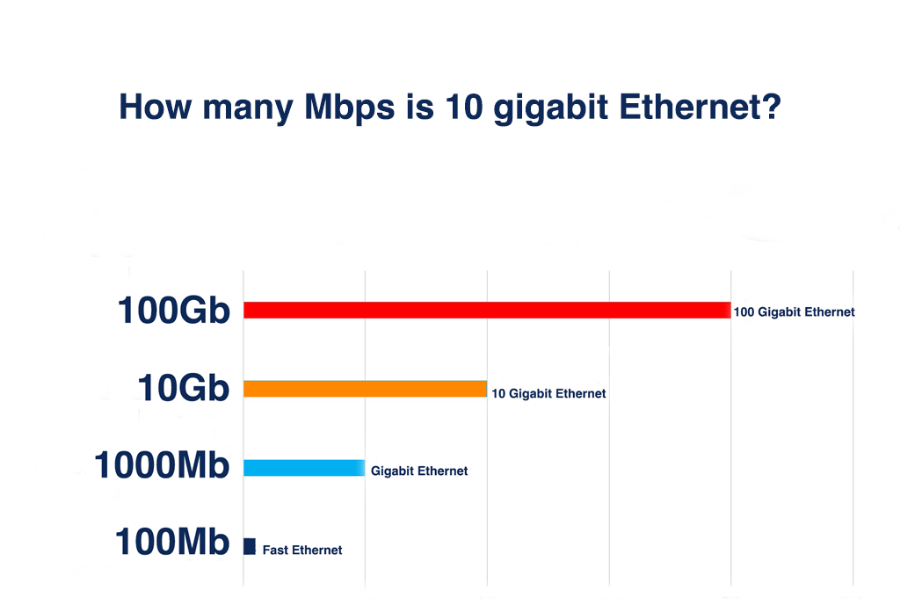
Using a Mbps to Gbps Converter
A Mbps to Gbps converter eliminates the need to go through the complex process of conversion anymore as it does it automatically. To convert megabits per second into gigabits, the most critical information that one has to remember is that, the Mbps figure has to be divided by 1000. This is because the prefixes “mega” and ‘giga’ stand for 10, raised to the power of 6 and 9, simple as that. The converter accurately does this quickly, thus avoiding the chances of making errors, which can be shared for people. This tool is helpful to those who engage in Network designing or individually understand the data conversion rate where it’s fundamental.
Key Features to Look for in a Converter
To choose the right calculator for converting Mbps to Gbps, the following essential features must be considered:
- Accuracy: The objectives must be realistic so the conversion is accurate by applying appropriate algorithms.
- User Interface: Select that instrument which is simple to understand in terms of inputs and the retrieval of the results.
- Speed: To save time, especially when used in an office setting, there should be a reasonable speed in calculation evasion of delays.
- Compatibility: The recipe may be followed in choosing either an online calculator or its software counterpart but it is important that variations in devices and operating systems be considered.
- Additional Functions: Some additional features are included in some converters, for example, a 4.5 Mbps to 1 Gbps converter which makes it possible to use other units as well.
Considering these factors, you can opt for a converter that will provide accurate and effective data rate conversions, improving personal and occupational decision-making.
Examples of 100 Mbps and 1 Gbps Conversions
- The Conversion from 100 Mbps to Gbps is necessary to appreciate how this will mean in gb: In simple terms, to convert 100 Mbps to Gbps, divide 100 over ten raised to the power of three. Hence this equals to 0.1 Gbps. Such calculation is very easy even for people who do not know clearly what is a mb per sec to gb per sec, for all that is needed is the right conversion mb to gb.
- Conversion from 1 G to Mbps: On the other hand, to aggregate the value of 1 G to Mbps, you need to multiply 1 by three zeros, which is a thousand. This gives you 1,000 Mbps. This conversion sheds more light on how much a megabit compares to a gigabit, and such comparisons are essential in analyzing and designing network bandwidth.
Such basic and ordinary changeovers form the basis of countless important uses in contemporary networks, which highlights the need for careful and correct data rate change depending on the aim and practice of the profession, such as telecommunications, IT system management, data delivery, and media.
Reference Sources
Frequently Asked Questions (FAQs)
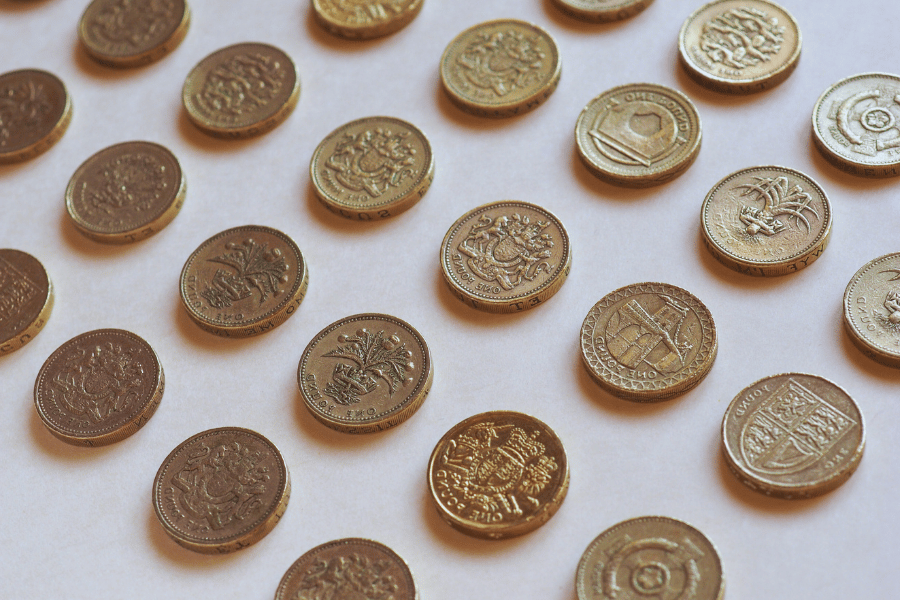
Q: How many megabits are there in a gigabit?
A: A gigabit per second is one thousand megabits per second. To express it in the Gbps metric, the Gbps should be multiplied by 1000. For instance, 1 Gbps equals 1000 Mbps, 2 Gbps equals 2000 Mbps, and so forth.
Q: How do megatons and gigatons fit into the overall scale of bytes?
A: Megabits (Mb) and gigabits (Gb) are more familiar units of data measurement, mainly concerned with conveying speed, whereas the latter is more common regarding data and its storage capacity, while 8 bits is a single byte. Thus, 1 MB = 8 Mb and 1 GB = 8 Gb also apply. The unit bits are used when measuring connection bandwidth, not the byte.
Q: What is the difference between Mbps and MBps?
A: Mbps is short for megabits per second, whereas MBps is the short form for megabytes per second. The most important thing to note is that lower case ‘b’’ is used in Mbps, which is for bits, while upper case ‘B’’ is for MBps, which is for Bytes. Considering 1 byte = 8 bits, then 1 MBps will equal 8 MBps. For instance, a 100 Mbps wired connection is the default for a 12.5 MBps download.
Q: How many megabits make up a single gigabit per second?
A: The measure of one Gigabit per second (Gbps) contains 1000 Mega-bit per second (Mbps). This conversion is important when variables such as internet speeds or transfers are varied. For now, if a provider offers a gigabit Internet connection, expect a speed of up to 1000 Mbps.
Q: Why are Gigabit internet providers companies popular?
A: The service providers take advantage of the market to meet the needs of individual clients and also to target fast internet providers who are priorities. Individuals are now comfortable with faster connections due to the introduction of gigabit internet (1 Gbps/ 1000 Mbps). It facilitates fast downloads, unhindered streaming, speedy file transfer, and efficiently handling numerous connected devices. This is especially useful in homes with heavy internet users, gamers, or businesses with huge data transfer needs.
Q: How do I convert gigabits in a second to megabits?
A: When converting Giga-bits per second (GB) to Mega-bits per second (MB), it is important to note that the formula is simple, where the Gbps value is multiplied by 1000. For example: – 1 Gbps = 1 x 1000 = 1000 Mbps – 2.5 Gbps = 2.5 x 1000 = 2500 Mbps – 10 Gbps = ten x1000 = 10000 mbps. If necessary, an online calculator can be used to convert these units metrically.
Q: What is the main difference between 100 Mbps and 1 Gbps in construction?
A: The most distinguishing difference between the two connections comes with the amount of data transferred in every other second in the gigabytes discussion. A connection of 1 Gbps is ten times better than a 100 Mbps connection. In practical terms, 100 Mbps would enable the download of a file of size 1 GB in roughly 1.5 minutes, whereas a 1 Gbps speed will download the same file size of 1GB in approximately 8 seconds. John says a gigabit connection does all of the above but does them in a better way- faster downloads, smooth 4K video streaming, faster file transfer, and better multi-device usage.
Related Products:
-
 QSFP-DD-200G-CWDM4 2X100G QSFP-DD CWDM4 2km CS SMF Optical Transceiver Module
$1100.00
QSFP-DD-200G-CWDM4 2X100G QSFP-DD CWDM4 2km CS SMF Optical Transceiver Module
$1100.00
-
 QSFP-DD-400G-SR8 400G QSFP-DD SR8 PAM4 850nm 100m MTP/MPO OM3 FEC Optical Transceiver Module
$149.00
QSFP-DD-400G-SR8 400G QSFP-DD SR8 PAM4 850nm 100m MTP/MPO OM3 FEC Optical Transceiver Module
$149.00
-
 QSFP-DD-400G-DR4 400G QSFP-DD DR4 PAM4 1310nm 500m MTP/MPO SMF FEC Optical Transceiver Module
$400.00
QSFP-DD-400G-DR4 400G QSFP-DD DR4 PAM4 1310nm 500m MTP/MPO SMF FEC Optical Transceiver Module
$400.00
-
 QSFP-DD-400G-FR4 400G QSFP-DD FR4 PAM4 CWDM4 2km LC SMF FEC Optical Transceiver Module
$500.00
QSFP-DD-400G-FR4 400G QSFP-DD FR4 PAM4 CWDM4 2km LC SMF FEC Optical Transceiver Module
$500.00
-
 QSFP112-400G-LR4 400G QSFP112 LR4 PAM4 CWDM 10km Duplex LC SMF FEC Optical Transceiver Module
$1500.00
QSFP112-400G-LR4 400G QSFP112 LR4 PAM4 CWDM 10km Duplex LC SMF FEC Optical Transceiver Module
$1500.00
-
 QSFP112-400G-FR4 400G QSFP112 FR4 PAM4 CWDM 2km Duplex LC SMF FEC Optical Transceiver Module
$750.00
QSFP112-400G-FR4 400G QSFP112 FR4 PAM4 CWDM 2km Duplex LC SMF FEC Optical Transceiver Module
$750.00
-
 QSFP112-400G-FR1 4x100G QSFP112 FR1 PAM4 1310nm 2km MTP/MPO-12 SMF FEC Optical Transceiver Module
$1200.00
QSFP112-400G-FR1 4x100G QSFP112 FR1 PAM4 1310nm 2km MTP/MPO-12 SMF FEC Optical Transceiver Module
$1200.00
-
 QSFP-DD-800G-DR8D QSFP-DD 8x100G DR PAM4 1310nm 500m DOM Dual MPO-12 SMF Optical Transceiver Module
$1250.00
QSFP-DD-800G-DR8D QSFP-DD 8x100G DR PAM4 1310nm 500m DOM Dual MPO-12 SMF Optical Transceiver Module
$1250.00
-
 OSFP-800G-FR8L OSFP 800G FR8 PAM4 CWDM8 Duplex LC 2km SMF Optical Transceiver Module
$3000.00
OSFP-800G-FR8L OSFP 800G FR8 PAM4 CWDM8 Duplex LC 2km SMF Optical Transceiver Module
$3000.00
-
 OSFP-800G-LR8 OSFP 8x100G LR PAM4 1310nm MPO-16 10km SMF Optical Transceiver Module
$1800.00
OSFP-800G-LR8 OSFP 8x100G LR PAM4 1310nm MPO-16 10km SMF Optical Transceiver Module
$1800.00


